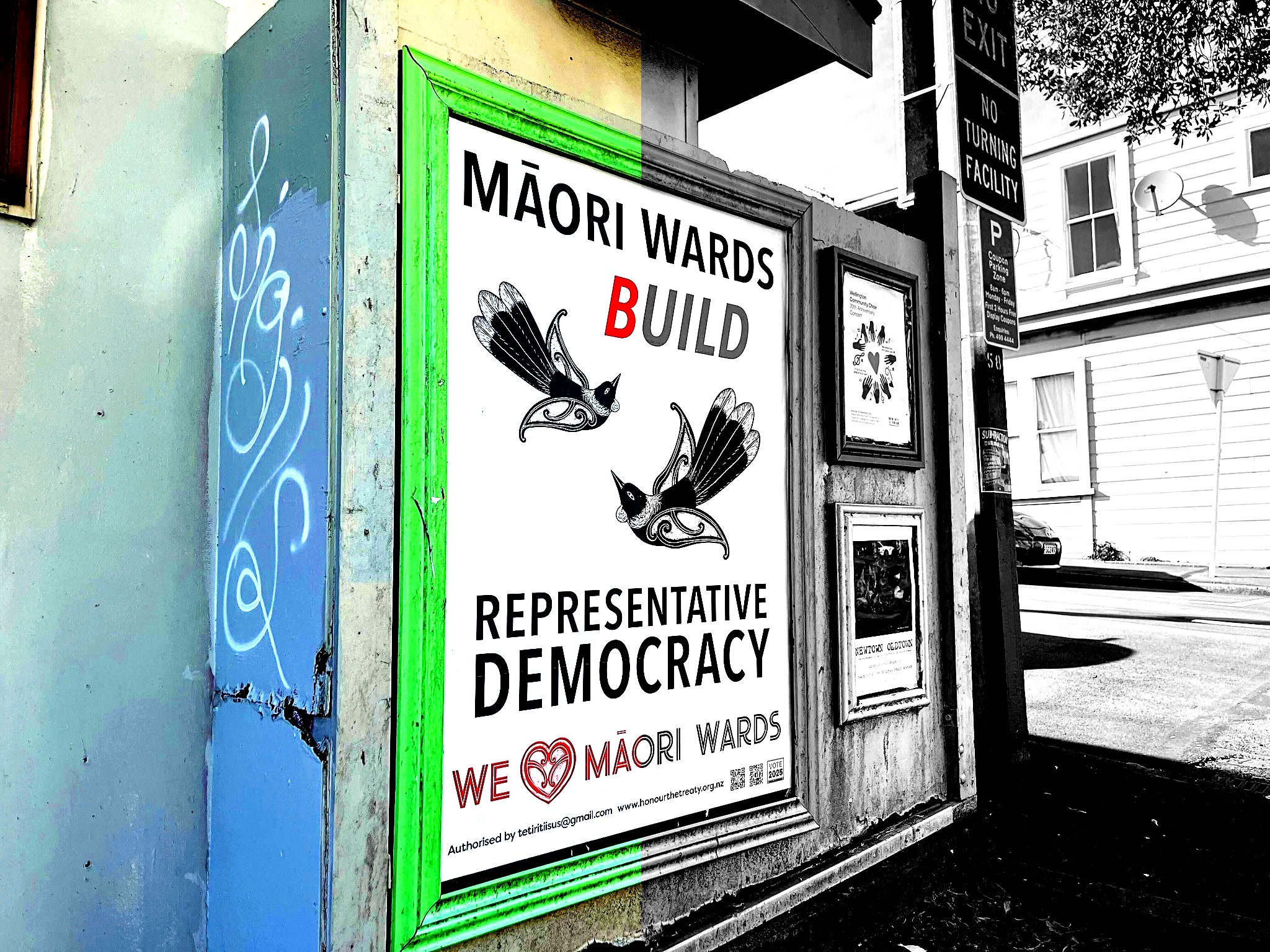Top Stories
Urban-Rural Divide Emerges Over Māori Wards in Local Elections

Supporters of Māori wards in New Zealand are claiming a significant moral victory, even as a majority of local councils voted to remove these electoral districts. The recent referendums held in over 40 councils during the country’s local elections revealed a stark urban-rural divide on the issue, highlighting differing perspectives on representation.
The 2023 local elections were marked by the requirement for councils to conduct referendums regarding the future of Māori wards. This came after the coalition Government, which took power in 2017, reversed a law change championed by the previous Labour Government that had allowed the establishment of these wards without public vote.
Supporters argue that Māori wards are essential for ensuring representation of the Māori community in local government, providing a platform for indigenous voices in decision-making processes. Despite the outcomes of the referendums, advocates maintain that the discourse surrounding Māori wards has brought attention to the need for greater inclusion of Māori perspectives at all levels of governance.
The removal of Māori wards was supported by many rural councils, where populations are often less diverse. In contrast, urban councils with larger Māori populations generally saw a stronger push for the retention of these wards. This discrepancy showcases the complexities of representation and the challenges faced by indigenous groups in engaging with local governance structures.
According to local reports, the referendums revealed that the majority of councils opted to eliminate Māori wards, but the results varied significantly between urban and rural areas. Urban councils, particularly in cities like Auckland and Wellington, demonstrated a greater inclination to maintain the wards, reflecting the views and needs of their more diverse populations.
The debate over Māori wards is expected to continue as advocates prepare for future elections. The results of these referendums may influence how local councils approach the representation of Māori communities moving forward. With the next local elections on the horizon, the conversation surrounding Māori wards will likely remain a pivotal topic among policymakers and community leaders alike.
In light of the referendum outcomes, the discourse surrounding Māori representation and local governance will need to address the apparent divides. Advocates urge that these conversations are essential for fostering understanding and ensuring that all voices, particularly those of indigenous communities, are heard in the political landscape.
As the implications of these decisions unfold, the future of Māori wards remains uncertain. The local councils’ choices will have lasting effects on how Māori communities engage with local governance and advocate for their rights and needs in the years to come.
-

 World4 months ago
World4 months agoTest Your Knowledge: Take the Herald’s Afternoon Quiz Today
-

 Sports4 months ago
Sports4 months agoPM Faces Backlash from Fans During Netball Trophy Ceremony
-

 Lifestyle4 months ago
Lifestyle4 months agoDunedin Designers Win Top Award at Hokonui Fashion Event
-

 Entertainment5 months ago
Entertainment5 months agoExperience the Excitement of ‘Chief of War’ in Oʻahu
-

 Sports4 months ago
Sports4 months agoLiam Lawson Launches New Era for Racing Bulls with Strong Start
-

 World5 months ago
World5 months agoCoalition Forms to Preserve Māori Wards in Hawke’s Bay
-

 Health4 months ago
Health4 months agoWalking Faster Offers Major Health Benefits for Older Adults
-

 Lifestyle4 months ago
Lifestyle4 months agoDisney Fan Reveals Dress Code Tips for Park Visitors
-

 Politics4 months ago
Politics4 months agoScots Rally with Humor and Music to Protest Trump’s Visit
-

 Top Stories5 months ago
Top Stories5 months agoUK and India Finalize Trade Deal to Boost Economic Ties
-

 Health2 months ago
Health2 months agoRadio Host Jay-Jay Feeney’s Partner Secures Visa to Stay in NZ
-

 World5 months ago
World5 months agoHuntly Begins Water Pipe Flushing to Resolve Brown Water Issue









